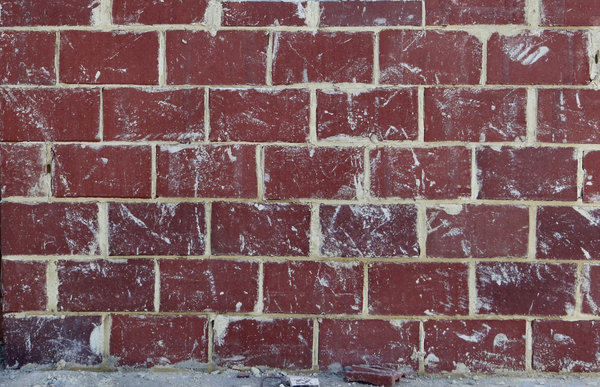Fostering collaboration in metal production is essential for achieving efficiency in any manufacturing process. Successful coordination among team members is critical for the success of a metal production facility, where complex tasks require a high degree of management and oversight.
One of the key aspects of teamwork in metal production is effective communication. Team members must be able to communicate effectively with each other to ensure a efficient flow of tasks and to identify and address any issues that may arise. This can be achieved through regular meetings, specialized tools, and a welcoming culture of open communication.
Another critical factor is clear and defined roles and https://www.thereaderview.com/wall/blogs/3234/Вакансии-группы-компаний-НЛМК responsibilities. When team members have a concise understanding of their responsibilities and the expectations of their roles, they are more likely to work effectively together. This also helps to prevent confusion and overlapping work, which can lead to delays and mistakes.
Regular skills improvement programs are also essential for fostering teamwork in metal production. By providing team members with the necessary skills and knowledge, they are better equipped to perform their tasks effectively and to contribute to the overall success of the facility. This can include specialized safety courses.
Cross-functional teams can also play a significant role in fostering cooperation in metal production. These teams bring together members from different departments and functions to work together on specific initiatives. This helps to foster a sense of unity and promotes collaboration among team members from different areas of the facility.
In addition, implementing a regular evaluation and feedback process can help to foster cooperation in metal production. This can be achieved through scheduled team meetings, assessments and goal-setting exercises. By continuously evaluating and improving processes and procedures, team members are more likely to work together effectively to achieve common goals.

Finally, recognizing and rewarding team members for their efforts and dedication can be a effective motivator for fostering collaboration in metal production. This can include recognizing outstanding performance and providing incentives for teamwork through rewards and recognition. By recognizing the value of teamwork, team members are more likely to work together productively to achieve the objectives of the facility.
In summary, fostering teamwork in metal production requires a comprehensive plan that includes effective collaboration, clear roles and responsibilities, regular skills improvement programs, cross-functional teams, a culture of continuous improvement, and acknowledgment and appreciation. By implementing these strategies, metal production facilities can achieve greater efficiency and productivity.
